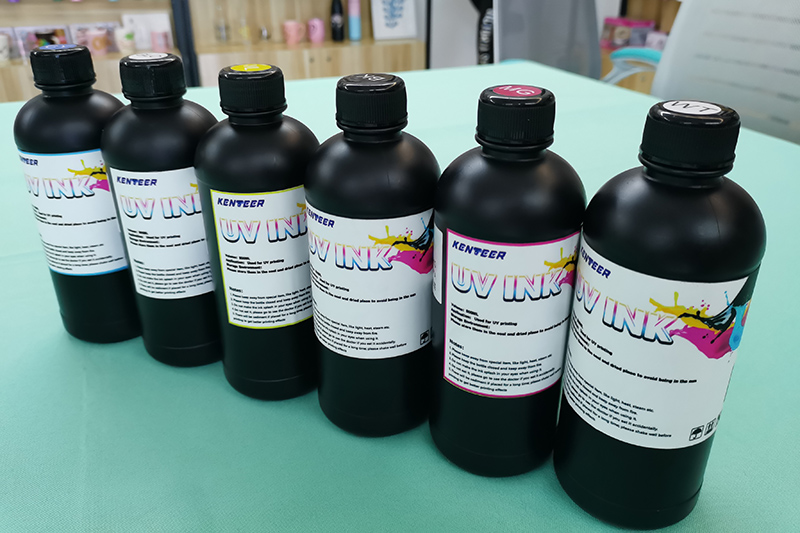Sustainability in printing is an increasingly important consideration for businesses. UV ink durability and quality play a crucial role in sustainable printing practices. Here's how:

1. Extended Lifespan: UV ink's durability helps extend the lifespan of printed materials. By resisting fading, peeling, and other forms of damage, UV ink ensures that prints remain vibrant and readable for a longer period. This reduces the need for reprinting and minimizes waste, saving resources and reducing environmental impact.
2. Reduced Waste: UV ink's high-quality and durable nature minimize waste in the printing process. With UV ink's excellent adhesion and resistance, prints are less likely to be rejected due to defects or damage. This reduces the number of reprints and discarded materials, contributing to a more sustainable printing operation.
3. Energy Efficiency: UV ink's fast curing process significantly reduces energy consumption compared to traditional printing methods. UV inks cure instantly when exposed to UV light, eliminating the need for lengthy drying or curing times. This results in reduced energy usage, lower carbon emissions, and improved energy efficiency in the printing process.
4. Environmentally Friendly Formulation: UV inks are formulated without the use of volatile organic compounds (VOCs) or hazardous air pollutants (HAPs). This reduces emissions of harmful substances into the environment, improving air quality and promoting a healthier workplace for printers. UV inks also have a low odor, creating a more pleasant and eco-friendly printing environment.
5. Versatility and Substrate Compatibility: UV ink's ability to adhere to a wide range of substrates, including paper, plastics, metals, and glass, promotes sustainability by allowing for printing on various materials. This versatility reduces the need for separate printing processes or additional materials, streamlining production and minimizing waste.
6. Recycling Compatibility: UV ink's durability and resistance to fading make it compatible with recycling processes. Printed materials using UV ink can be recycled without significant color degradation, allowing the ink to retain its quality during recycling. This promotes the circular economy by reducing the environmental impact of printing and enabling the reuse of materials.
By choosing high-quality UV inks and ensuring their durability, printers can contribute to sustainable printing practices. UV ink's extended lifespan, reduced waste, energy efficiency, environmentally friendly formulation, substrate compatibility, and recycling compatibility all play a crucial role in minimizing the environmental impact of printing operations. It is important for businesses to work with reputable suppliers and communicate their sustainability goals to ensure the use of sustainable UV inks in their printing processes.
Kenteer specializes in printing solutions, and welcomes consultation and cooperation.
